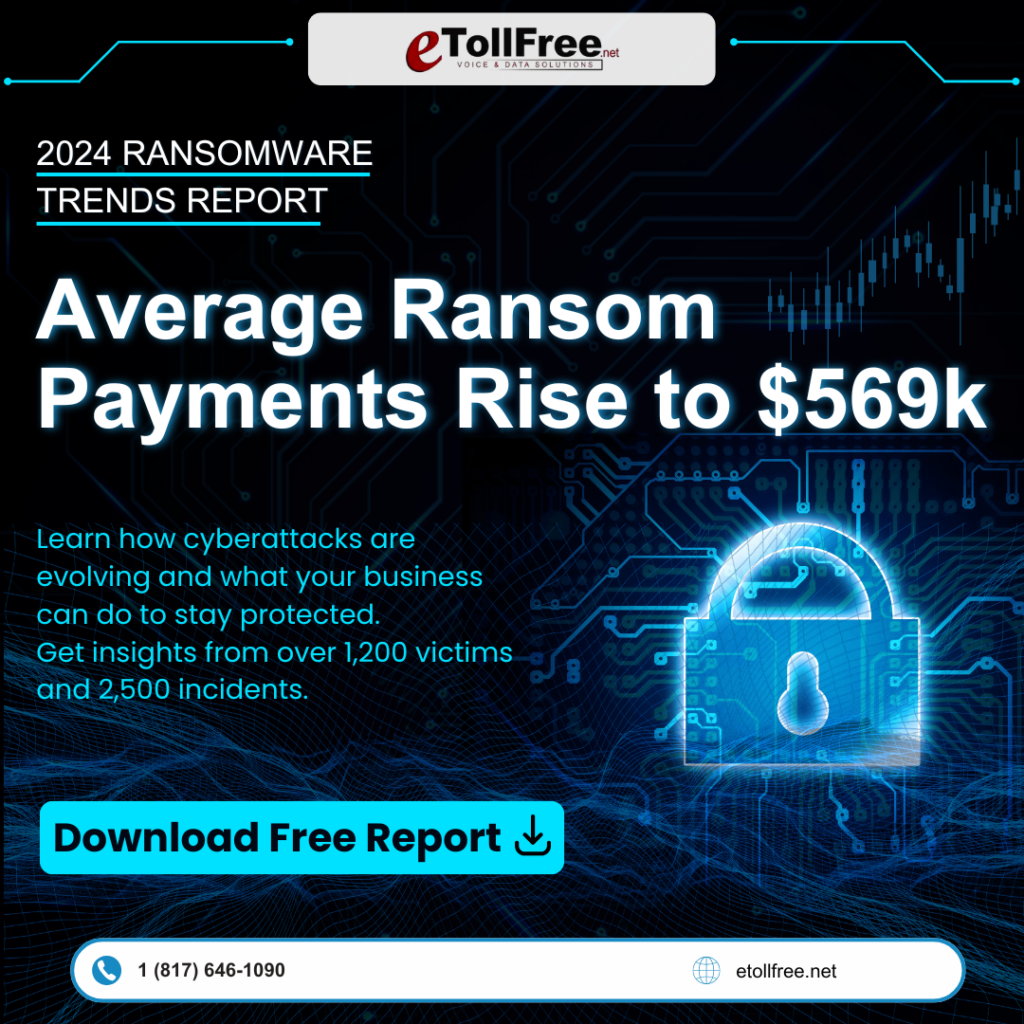How the FDA Plans to Keep AI Health Devices Safe from Cyber Attacks
In the world of smart technology, the FDA, known for setting safety standards for food and drugs, is stepping up to ensure AI-powered medical devices are safe from cyber attacks. Imagine a heart monitor using artificial intelligence to deliver critical health data. Now, picture hackers fiddling with that device and altering its readings. This potential threat is precisely why the FDA is taking action, and here’s how they plan to do it.
Why Cyber Security Matters for AI Health Devices
Think of a high-tech medical gadget, like a smart heart monitor, that collects data and assists in diagnosis. Now, if hackers break into these devices, they can manipulate the information, snoop on patient records, or make the device behave in ways it shouldn’t. It’s like someone stealing your phone and changing your photos or contacts—not just an invasion of privacy but also a direct threat to personal safety. Such risks emphasize why cyber security is non-negotiable when it comes to AI health devices.
What the FDA Wants from Device Makers
The FDA envisions a proactive approach. They want companies designing these smart medical tools to plan for cyber threats right from the get-go. Imagine designing a house with a reinforced, impenetrable front door to keep out intruders. This is their message to device manufacturers: build your defenses early. Just as you wouldn’t buy a house without locks, the FDA is saying these devices must come equipped with robust security features from day one.
Potential Changes on the Horizon
With a new President in office, the landscape of regulations might shift. The FDA is open to tweaks in their guidelines and encourages public feedback until April 7, 2025. It’s a way to make sure that any new rules take into account the concerns and suggestions from everyday people—like you and me—who could be affected by these technologies. This public input ensures the strategies are not just policies on paper but real-world solutions that work for everyone.
Strengthening Existing Foundations
These new guidelines from the FDA are not coming out of the blue. They are an extension of previous efforts to secure medical devices. Think of it as adding another lock to an already secure front door. The FDA’s earlier guidance set a baseline for security; now, they are bolstering it with additional layers to safeguard against evolving threats. It’s all about staying ahead of the game in the cyber world.
The FDA’s initiative is like taking that extra step to lock the door twice before heading to bed. It’s not merely about staying secure today but ensuring protection against the unforeseen challenges of tomorrow.
Conclusion: Securing Our Future with AI Health Devices
In a world increasingly reliant on AI for healthcare innovations, safeguarding these medical devices from cyber threats is of utmost importance. The FDA’s strategies not only emphasize foresight but also community involvement in shaping how these devices operate securely. Just as lawmakers play a vital role in our daily lives, the evolution of AI healthcare laws ensures our safety, well-being, and privacy are guarded from the potential mischief of hackers. After all, safeguarding our health goes hand in hand with protecting the technology that supports it.










